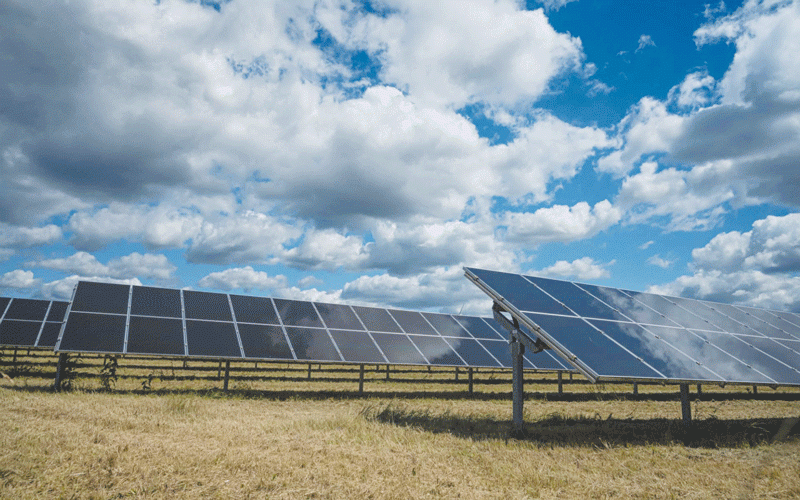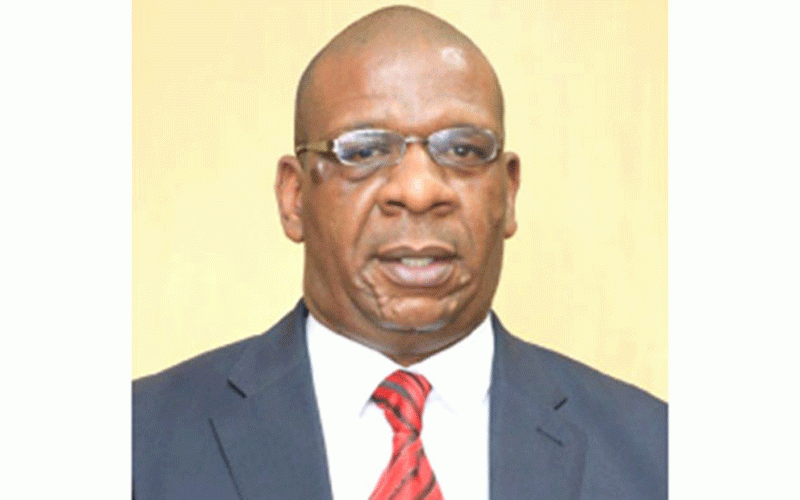
FARMERS have expressed dismay over the government’s refusal to scrap value-added tax (VAT) on solar installations, citing its adverse impact on productivity, amid Zimbabwe’s acute power crisis.
The country has been enduring power outages of up to 18 hours daily since last year, severely affecting agricultural operations.
Commercial Farmers Union (CFU) president Liam Philip told the Zimbabwe Independent that the union was encouraging members to install solar kits, but steep taxes were hindering these efforts.
“We had appealed for the removal of VAT on solar installations for a period of 12 months to encourage rapid deployment of solar infrastructure, but we are disappointed that the request was not incorporated in the (2025) national budget,” he said.
“We have advised farmers to continue with the development of their own solar infrastructure, in the meantime, to mitigate against the risk of load-shedding. It is very difficult for farmers to access VAT refunds. Industry is fortunate to have the ability to offset input and output VAT,” Philip said.
He said crops planted early this summer cropping season were affected by prolonged power cuts.
“Power outages took a toll on the early planted crops. Where farmers had irrigation infrastructure, they did not have sufficient supply to keep up with the rate of evaporation of moisture,” he said.
“This was compounded by Hwange Unit 8’s shutdown for routine maintenance.”
- Minister bemoans shortage of schools
- BCC joins Green Cities initiative
- Cotton output seen falling 41 to 116 521mt
- Wheat farmers squeal over high bank rates
Keep Reading
Last year, President Emmerson Mnangagwa declared the 2023/2024 summer cropping season a national disaster due to the El Niño-induced drought characterised by limited rainfall.
As a result of the drought, water levels at the hydro-powered plant at Kariba diminished, further compounding the country’s power challenges.
With Zimbabwe’s agriculture sector expected to grow by 12,8% in 2025, Zimbabwe Farmers Union chief economist Prince Kuipa said the high cost of inputs would militate against productivity.
“High prices of inputs have a negative impact on the profitability or viability of agricultural investment by increasing the costs of production,” he said.
“This is worsened by the fact that farmers still need to allocate financial resources to feed the family since harvest is only expected from April onwards.
“Some producer prices like cotton are internationally determined and therefore, farmers are price takers,” Kuipa said.











